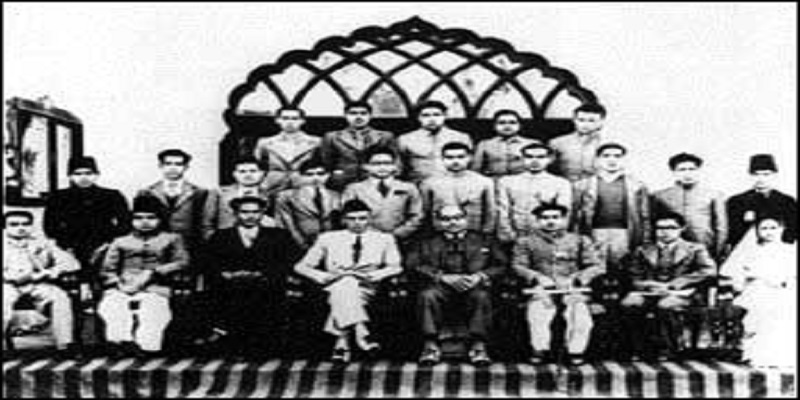Congress Ministries 1937-39 and the Struggle for Self-Governance
The Congress Ministries of 1937-1939 were a significant chapter in the political history of British India. This period marked a crucial juncture in India's struggle for independence and witnessed the formation of provincial governments led by the Indian National Congress in several British Indian provinces. The elections of 1937 were a landmark event, as they were the first elections under the Government of India Act of 1935, which aimed to introduce limited self-government in British India. The Congress Ministries that emerged from these elections played a pivotal role in shaping the political landscape of the time.
The Government of India Act of 1935 was a response to mounting pressure for constitutional reforms in India. It sought to devolve certain powers to the provinces while retaining paramountcy over defense, foreign affairs, and other crucial matters with the British government. The Act provided for the establishment of elected legislative assemblies in the provinces and allowed for the formation of provincial ministries responsible for the administration of these regions.
In the elections of 1937, the Indian National Congress performed remarkably well. Led by Jawaharlal Nehru, Subhas Chandra Bose, and other prominent leaders, the Congress secured a majority in several provinces, including Madras, Bombay, the United Provinces, Bihar, and the Central Provinces. This electoral success allowed the Congress to form governments in these provinces, marking the first time Indians were in charge of the administration at such a scale.
The Congress Ministries, once in power, implemented a range of socio-economic reforms and policies. These included land reforms, labor laws, education reforms, and measures to address poverty and unemployment. The intent was to improve the conditions of the masses and to lay the groundwork for a more equitable and just society. In the United Provinces, for example, Chief Minister Govind Ballabh Pant introduced the Zamindari Abolition Act, aiming to end the feudal system and transfer land ownership to the actual tillers.
The period also saw the initiation of important social reforms. Efforts were made to eliminate untouchability, promote the welfare of Scheduled Castes and Scheduled Tribes, and improve the status of women. The Congress Ministries worked towards fostering a more inclusive and egalitarian society, reflecting the broader ideals of the Indian National Congress and the independence movement.
However, the Congress Ministries faced several challenges during their tenure. One significant challenge was the limited autonomy granted by the Government of India Act of 1935. The British government retained control over key areas, including defense and foreign affairs, limiting the scope of the provincial
governments. This created a complex power dynamic and strained relations between the Congress-led ministries and the British authorities.
Another challenge was the internal divisions within the Congress itself. While the party had a shared vision of independence, there were differing opinions on the path to achieving it. The socialist wing, led by leaders like Jawaharlal Nehru and Subhas Chandra Bose, advocated for more radical socio-economic reforms, while conservative elements within the Congress preferred a more gradual approach. These internal divisions sometimes hampered the effectiveness of the Congress Ministries in implementing their agenda.
The international context also played a role in shaping the fate of the Congress Ministries. The outbreak of World War II in 1939 had a profound impact on global politics, and India's strategic importance became a focal point. The British government, under the leadership of Prime Minister Neville Chamberlain, was reluctant to concede further ground to the Indian National Congress, fearing the consequences of a power vacuum in a critical region. Consequently, in 1939, the British government invoked its wartime powers and demanded the resignation of the Congress Ministries.
The resignation of the Congress Ministries in 1939 marked the end of this phase of Indian political history. The failure to reach a consensus on the terms of India's participation in the war, combined with the British government's reluctance to cede more authority, led to the collapse of the Congress-led governments. This event set the stage for a more confrontational phase in India's struggle for independence, with the Quit India Movement of 1942 being a notable manifestation of the growing discontent.
The Congress Ministries of 1937-1939 were a crucial episode in India's journey toward independence. They demonstrated the ability of Indians to govern themselves and implement progressive policies for the welfare of the people. However, the limitations imposed by the Government of India Act of 1935, internal divisions within the Congress, and the onset of World War II eventually led to their premature demise. Despite their short-lived tenure, the Congress Ministries left an indelible mark on the trajectory of Indian politics, contributing to the eventual realization of India's independence in 1947.

